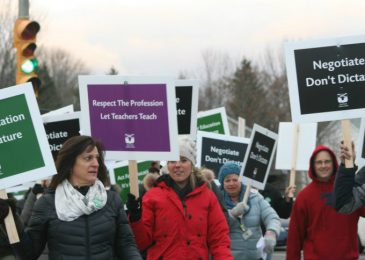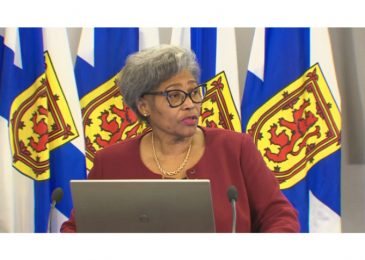Paul Wozney: This is not business as usual
NSTU president Paul Wozney on this year’s chaotic start of school: “It’s important to set a few things straight. First and foremost, contrary to what Minister Churchill has said, not having proper bus service in place for students to start the school year is not par for the course. Nor is having dozens of support and specialist positions left unfilled at this juncture, for that matter. This dysfunction is far from business as usual, and it would appear the government’s elimination of school boards has led to a great deal of confusion and turmoil within the system.”









